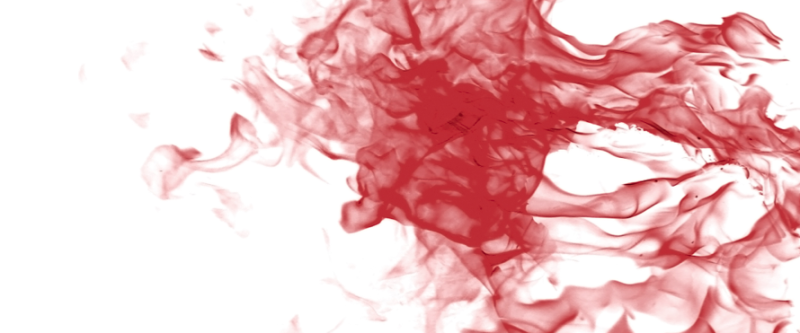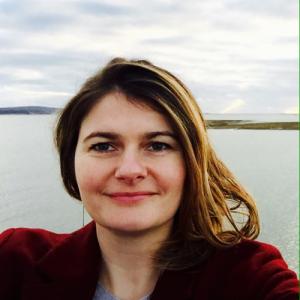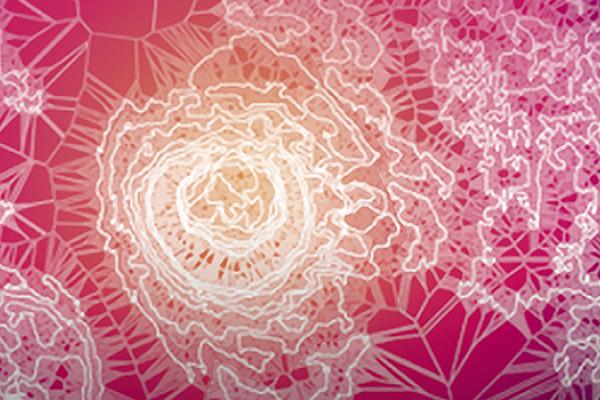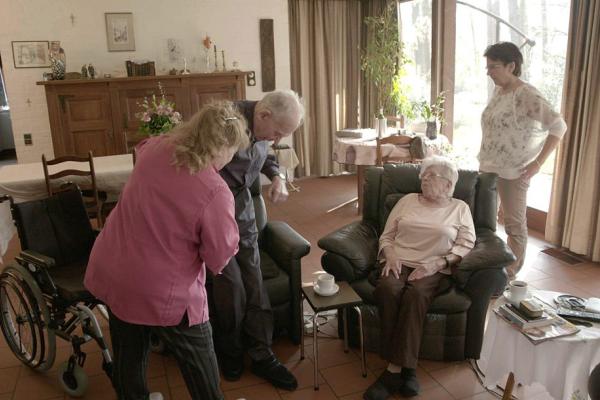Cord blood contains stem cells that may be used to cure illnesses such as leukemia or lymphoma. In the future, scientists hope stem cells may help cure diabetes, heart and brain damage, Crohn’s disease and Alzheimer’s disease.
Banking on these hopes, pharmaceutical companies are encouraging mothers to bank the cord blood of their children as some sort of insurance policy. The stem cells are collected and frozen for possible use if the child should fall ill in the future. For middle-income families, the cost of the conservation is quite hefty, 2000 Euros for the first twenty years of conservation – a price that does not include the cost of possible therapies later.
Private cord banking has proved to be a very successful business and many private cord banks are now trading on the stock market.
However, public health specialists and university professors warn again and again about the false hopes nurtured by these companies. Many accuse the private banks of swindling their clients. For instance, figures provided by public health specialists show that much of the cord blood collected does not even contain enough stem cells. Furthermore, doctors repeatedly warn against autologous stem cell transplant, meaning the transplant of one’s own stem cells to oneself, especially when treating cases of cancer.
Unsurprisingly, private blood banking is banned or restriced in France and in Belgium. However, one bank has found a way to bypass the law and operate in both countries.
In Belgium, the private Dutch bank Cryo-Save obtained a license to operate in 2010 even though it is not attached to a public hospital. This greatly surprised specialists working in public blood banking, because the law says a private bank may only operate if it is attached to a public hospital or university. They believe the private bank influenced politicians and officials to obtain a license to operate.
In France, Cryo-Save opened a branch in Lyon in November 2009. They offer clients the possibility of sending their blood to Belgium.




